Tea & Zen
“Tea is the ultimate mental & medical remedy and has the ability to make one’s life more full and complete”
Zen Buddhist Eisai Myoan: How to Stay Healthy by Drinking Tea. (AD 1211)
Given the year, i.e. AD1211 in which the tea specialty book “How to Stay Healthy by Drinking Tea” was composed, one would wonder how far the history of tea runs into. The briefest answer to break you free of the contemplation is “very far, as far as the History of China itself” And the history of China runs into no less than 5000 years.
Eureka Moment: luck favors the prepared mind
When was tea discovered? The in-depth answer would make you curioser and curioser as “Alice In Wonderland”. The discovery of tea is believed to be a fortunate accident. But then the accident wouldn’t have taken place at all, if not for the keen eye of the legendary botanist Shen Nong, emperor of China (2737-2699 BC).
Discovery of tea was a Eureka moment as the accidental discovery of world’s first antibiotic, Penicillin thanks to the keen eye of the Scottish biologist Alexander Fleming (AD1881-1955) was. The legend has it a few leaves that had blown into a pot of water boiled for the emperor turned the boiled water from being colorless to a reddish tint. Having seen the coloration caused by the fresh green leaves of the nearby tree, ever the botanist, emperor pounced upon the chance of tasting the water to determine the qualities of the green leaf.
Tea by any other name would taste as sweet, as serene as Zen
Though the modern world is unable to ascertain to veracity of the legend, the green tea leaf that made a beverage of Red tea has since then become popular throughout the East & West. Though the beverage of tea unsweetened with milk is popularly called Black tea in the western word today, most possibly following the fashion of calling unsweetened coffee as black coffee, in Asia & especially in Africa & Middle East, it is called Red tea.
The world’s first botanist
History of China records that emperor Shen Nong discovered, tested, analyzed & recorded hundreds of herbs for the benefit of his nation & his land. He is credited with the title of “father of Chinese herbal medicine” as if the title of “discoverer of green tea leaf” wouldn’t do.
What’s in a name?
Everything, your good name is everything. But then Shan Nong was a name like no other. Nobody could have been better named than Shan Nong meaning Divine Farmer. The Chinese methods in recognizing potential farmlands & cultivation are credited to Shan Nong. Harnessing resources, inventing the plough & yoking beasts too are believed to be introduced by the emperor. Then again the name Shan Nong is immortalized by the popularity of Tea, no matter how you call it, Black tea, Red tea or Green tea. The finest black tea in the world is produced in Sri Lanka and has been marketed by the brand name of Ceylon Tea since the British Colonial era of Sri Lanka. The ancient drop pearl shaped tropical island of Sri Lanka was then known by the name Ceylon. Sri Lanka Holidays Nuwara Eliya, a colonial sanitarium, is the heart of the tea plantation zone of the Central Highlands. The Central Highlands, the one and only mountain mass of the Sri Lanka is accessed at Sri Lanka Holidays Kandy, a UNESCO World Heritage Site.
Popularity of tea following the glorious name
Such a glorious name as Shan Nong wouldn’t be called in vain. Tea was set into the path of undying popularity by Shan Nong. According to the “Tea & Coffee Trade Journal” September 1, 1995, a professional journal, tea is the most widely consumed beverage in the world next to plain water.
First ever treatise on tea
The first treatise on Tea, “Tea Classic” was composed as far as back in 760 CE & 780 CE by a Chinese poet named Lu Yu. The treatise consisted of ten chapters tilted Origin, Tea Tools, Manufacture, Tea Wares, Brewing, Drinking Tea, Anecdotes, Places, Omission & Diagrams, The book was translated into English in 1974 (ISBN 0-316-53450-1).
First treatise on tea in Japan
The first treatise on Tea in Japan was inscribed by the founder of Zen Buddhism, Japanese Buddhist priest Myoan Eisai following his return from China where he studied philosophy & religion. Seno Tanaka, Sendo Tanaka & Edwin O. Reischauer in their book “The Tea Ceremony” published in year 2000 narrates: In January 1211 he wrote the first treatise on Tea in Japan, Kissa Yojoki or Tea Drinking Is Good for the Health, a small booklet of twenty pages in praise of Tea. In his short treatise Eisai, strongly recommended tea as a cure for five types of disease: loss of appetite, paralysis, beriberi & sickness from tainted water. Tea, he added, is a remedy for all disorders & this was perhaps the main reason for consequent popularity of tea-drinking.
Zen Buddhism & Buddhism
Though Zen Buddhism has its origins in the ascetic practitioners of Buddhism, who found refuge in forests and mountains in India, it was in China, Zen Buddhism, a distinctive school of Mahayana Buddhism (the orthodox cannon of Buddhism is Theravada Buddhism) first took root following the arrival of Indian Buddhist monk Bodhidharma (470-543 AD) in the Shaolin Buddhist Monastery of Kung fu fame in China. Bodhidharma’s teachings tapped into some developments in the spiritual conceptions that were already on train, such as the confluence of philosophical Taoism with Buddhism. Such was the impact of Taoism upon Zen Buddhism, some sages and texts are owned by both religions. The early Mahayana philosophies of Madhyamika (2nd century AD) and Yogacara (3rd century AD) too were instrumental to great extent in the development of Zen Buddhism.
However, today Mahayana Buddhism is the primary form of Buddhism in North Asia and the Far East, including China, Japan, Korea, Tibet and Mongolia, and is thus sometimes known as Northern Buddhism while Theravada Buddhism sometimes called ‘Southern Buddhism’ held fast in Sri Lanka, Cambodia, Laos, Thailand and Myanmar.
Mahayana Buddhism accepts the Pali Canon as sacred scripture together with the Theravada Buddhism yet absorb many other Sutras or discourses which were written later in Sanskrit. It was in Sri Lanka in the 5th century AD during the reign of King Vatta Gamini Abhaya (the builder of Golden Dambulla Rock Cave Temple, today a UNESCO World Heritage Site) that 500 pious Theravada Buddhist monks assembled with Maha Thera Siva, as President of the Fourth Buddhist Council, in Sri Lanka Holidays Aloka-Vihara or Aluvihare rock cave monastery at the city of Matale, 12km north of Kandy (the gateway to Sri Lanka Holidays Central Highlands) committed to writing, for posterity, on ola leaves the Theravada cannon called Tripitaka, the three basket of the Teachings, known as the Pali scriptures, which had been handed down orally till then. It was at Aluvihare rock cave monastery, Buddhagosha, the 5th-century Theravada Buddhist commentator and scholar composed Visuddhimagga (Path of Purification), a comprehensive summary and analysis of the Theravada understanding of the Buddha’s path to liberation.
Tags: Ceylon Tea, Sri Lanka Holidays

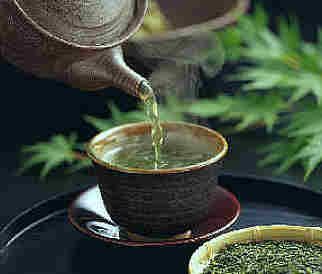
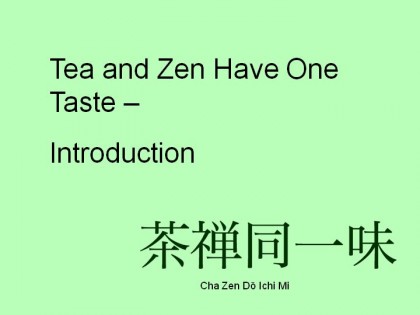
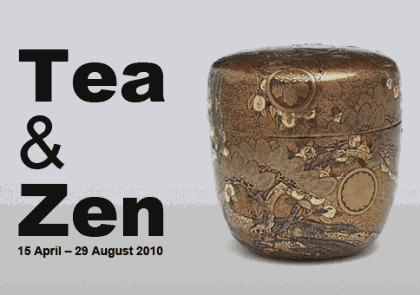
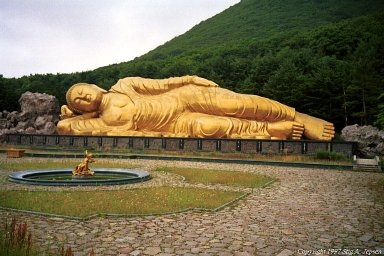
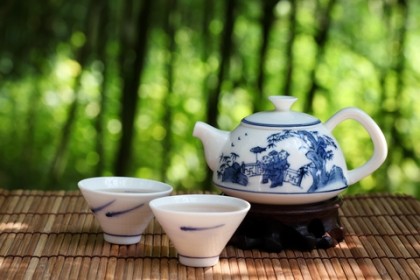










 Learn CPR and save a LIFE
Learn first-aid and save a LIMB
Learn CPR and save a LIFE
Learn first-aid and save a LIMB

December 10th, 2012 at 1:13 pm
Tea is a traditional and the oldest drinking liquid after water and I would prefer green tea and tea is blessed in Sri Lanka.